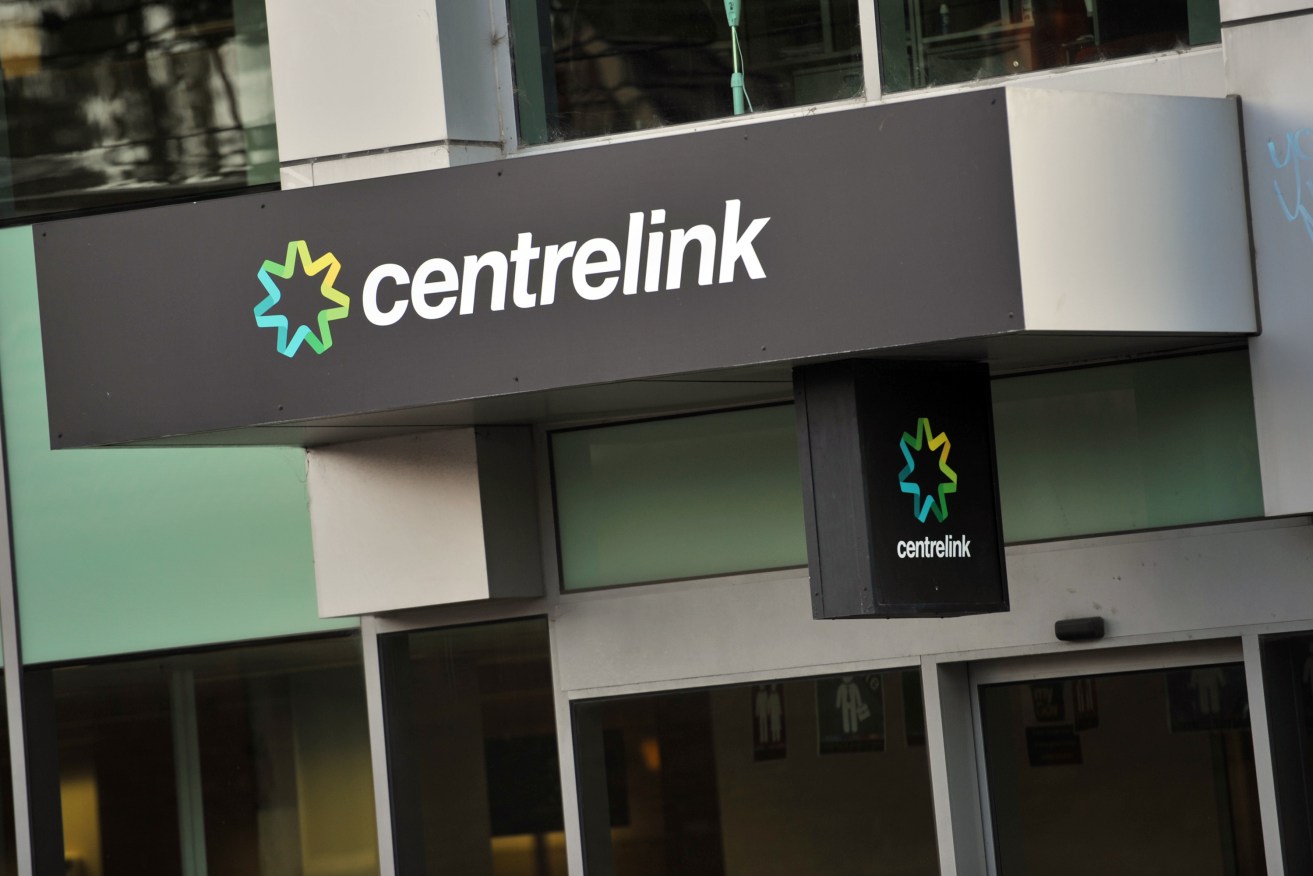Increasing JobSeeker a matter of dollars and sense
The Morrison Government is considering calls to permanently lift unemployment payments when the coronavirus supplement is axed on March 31. Louise Miller Frost argues why an increase – and tackling poverty – is both a social and economic necessity.

Photo: AAP/Julian Smith
The arguments for increasing the JobSeeker rate permanently are two-fold: social justice and economic.
At Vinnies, we care deeply about social justice, particularly for the most disadvantaged in the community. But these two things are not separate – good outcomes for human beings in our community also has positive economic outcomes. Win, win!
On Thursday night at the University of Adelaide’s Elder Hall, Professor Glyn Davis will deliver the Hugh Stretton Lecture on the topic “On Life’s Lottery”. One of his areas of research is the impact that growing up in poverty has on the development of children, including the socio-economic outcomes for that child. By keeping families in poverty, we are condemning their children to the same fate.
We know that the base rate of JobSeeker, which hasn’t been raised in decades, is well below the poverty line. And what that means is families and individuals making decisions between buying shoes for the kids and feeding them three meals a day. Or skipping medicines, or Mum and Dad missing meals so the kids can eat. And that has a lasting impact.
The child growing up hungry, unable to concentrate in class, watching their classmates attend a school excursion that they can’t afford, embarrassed about their home or their clothes, is a child who doesn’t reach their potential at school – which has flow-on effects for the rest of their life, and then the lives of their children. If you want to know how second, third and fourth generation poverty happens, this is the cycle.
Increasing JobSeeker is the circuit-breaker that can lift families and individuals out of poverty. It can change futures.
But if you want to take the purely economic view, boosting the rate of JobSeeker as an economic tool offers a number of benefits.
By providing extra money to people who are living in poverty, the money is spent immediately and therefore returned to the economy quickly.
For the most part, the money is spent locally, on food, household goods, clothes, car repairs, medicines. This creates jobs locally in shops, pharmacies, mechanics.
The distribution of people on JobSeeker is across the country, and often where there is high unemployment. At the beginning of 2021, there were 912,000 people unemployed for 254,000 job vacancies. That’s an average three and a half potential employees for every job, before we even consider the number of underemployed people – those working part-time, casual or gig economy jobs who want and need more hours and more security.
The maths is simple. There are not enough jobs – let alone secure, full-time jobs – for those who want them.
Not every job is created equal. For those crying “but the fruit picking jobs”, 56% of women and 45% of men receiving JobSeeker are 45 or older, with those over 60 rising. Without wanting to stereotype (and using my own fitness levels as a benchmark), many of these people are likely not going to be able to deal with the hard physical labour of fruitpicking.
We also know a number of people have been transferred from Sickness Allowance onto JobSeeker or have existing disabilities – 40% of people on JobSeeker have been assessed as having only “partial capacity” to work (2019 stats). Many also have children, or carer responsibilities that cannot be easily uprooted and relocated to a new area for a seasonal job.
Creating more local jobs (urban and regional) through increased JobSeeker is a more sustainable solution – and builds the local businesses as well.
Creating local jobs in these areas means local jobs for local people. Deloitte Access Economics’ 2018 report states that the biggest benefit would be in regional areas and areas of low socio-economic outcomes – the areas where we see multi-generation unemployment and poverty.
Increasing JobSeeker would work as a targeted economic intervention to build the economies and the job opportunities in the areas most in need.
And when these people “win”, their community wins – our community wins. And as jobs are created and the economy grows, the whole Australian community wins. We all win.
Louise Miller Frost is CEO, St Vincent de Paul Society (SA)




